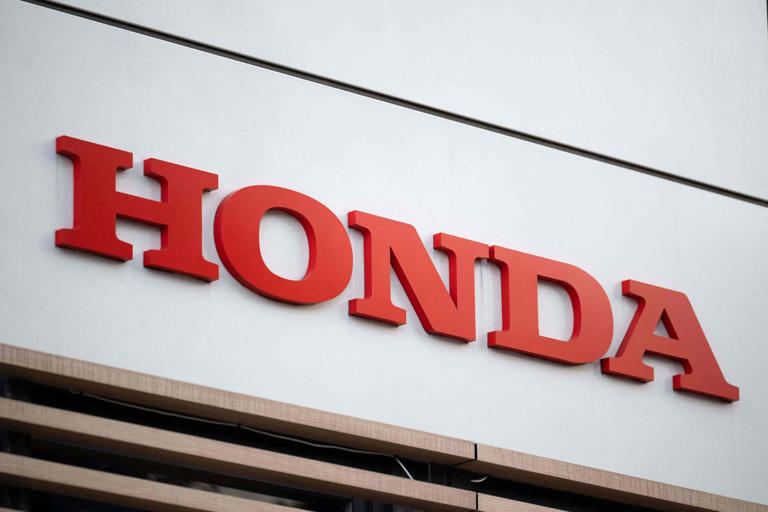Honda Motor, a renowned Japanese automaker, finds itself at a critical juncture as it navigates through the complexities of the automotive industry. Despite experiencing a notable surge in annual profit in the preceding year, the company now braces for a downturn in its fiscal-year net profit for the ongoing year. This cautious outlook stems from a multitude of factors influencing its business landscape.
In projecting a 9.7% decline in net profit to 1.000 trillion yen ($6.43 billion) and a 0.6% drop in revenue to Y20.300 trillion for the current fiscal year, Honda anticipates headwinds arising from increased research and development expenditures and the adverse impact of a strengthening yen. These challenges underscore the delicate balance Honda must strike to maintain its competitive edge in a rapidly evolving global market.
Nevertheless, Honda’s recent financial performance paints a picture of resilience and adaptability. With net profit soaring by an impressive 70% and revenue surging by 21% in the previous fiscal year, the company showcased its capacity for recovery, particularly in its car business. Notably, Honda managed to reverse its fortunes in the car segment, reporting an operating profit after grappling with losses in the preceding year. The resurgence was buoyed by robust sales growth in the U.S., albeit against a backdrop of a slight downturn in China.
Toshihiro Mibe, Honda’s Chief Executive, sheds light on the success story of hybrid gas-electric vehicles, which have garnered significant traction in the market. Acknowledging this momentum, Honda is actively collaborating with suppliers to ramp up production capacity. Furthermore, the company is doubling down on its commitment to the electric vehicle (EV) segment, earmarking increased capital expenditure and research and development investment to bolster its EV offerings. This strategic shift underscores Honda’s determination to catch up with industry frontrunners like Tesla and BYD in the domain of full battery-electric vehicles.
In a bid to bolster shareholder value and buoy its share price, which currently trades below book value, Honda announced a share buyback program worth up to Y300.0 billion by March 2025. This proactive measure reflects the company’s confidence in its long-term prospects and its commitment to delivering value to shareholders.
Looking ahead, Honda projects a modest uptick in group car sales by 0.3% to 4.12 million units for the fiscal year, driven by growth in North America and Japan. Similarly, group motorcycle sales are slated to climb by 5.2% to 19.8 million units, fueled primarily by expansion in Asia outside Japan.
However, Honda’s cautious stance echoes similar sentiments expressed by its industry counterparts, including Toyota Motor and Nissan Motor, both of which anticipate a dip in net profit despite envisaging sales growth. These shared concerns underscore the broader challenges facing Japanese automakers, ranging from escalating costs to heightened competition and macroeconomic uncertainties.
In summary, while Honda remains optimistic about its long-term prospects, the company acknowledges the need for prudence and agility in navigating the ever-changing automotive landscape. By staying attuned to market dynamics, doubling down on innovation, and fortifying its strategic initiatives, Honda aims to weather the storm and emerge stronger in the post-pandemic era of mobility.
